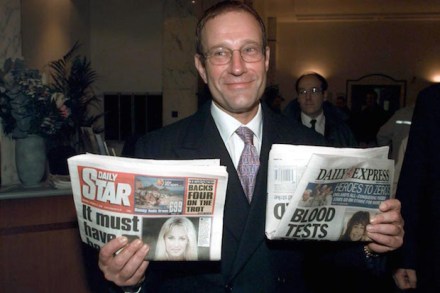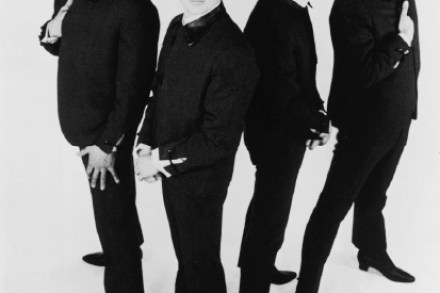The other trenches: the Dardanelles, 100 years on
In August 1915, in his tent at GHQ on the Aegean island of Imbros, General Sir Ian Hamilton, commander-in-chief of the Gallipoli expedition, woke from a dream in which someone was attempting to drown him in the Hellespont. ‘For hours afterwards,’ he wrote in his diary, ‘I was haunted by the thought that the Dardanelles were fatal: that something sinister was afoot: that we, all of us, were pre-doomed.’ This was not how it had seemed when what had been confidently designated ‘the Constantinople expedition’ set out for the distant and largely unknown Turkish peninsula. As an exhilarated Rupert Brooke had explained to his mother: We are going to be





















